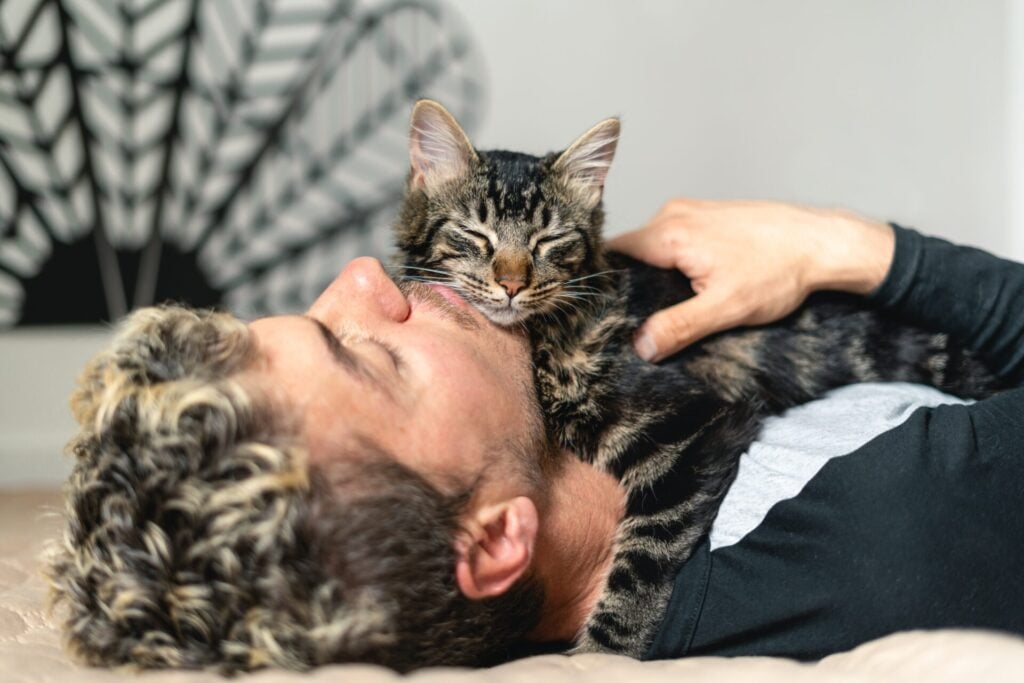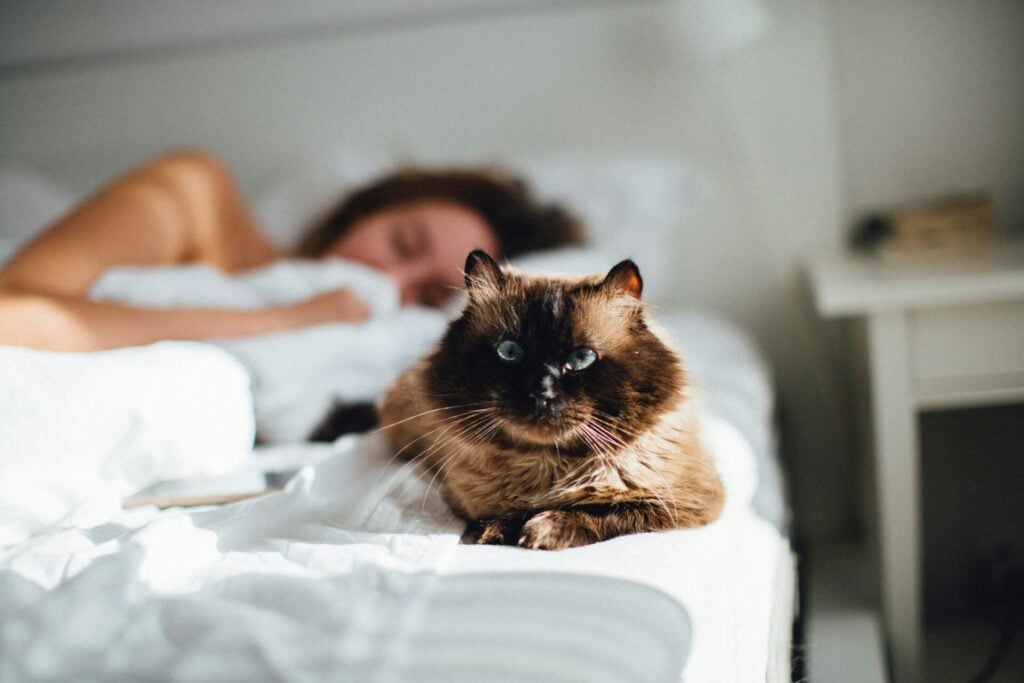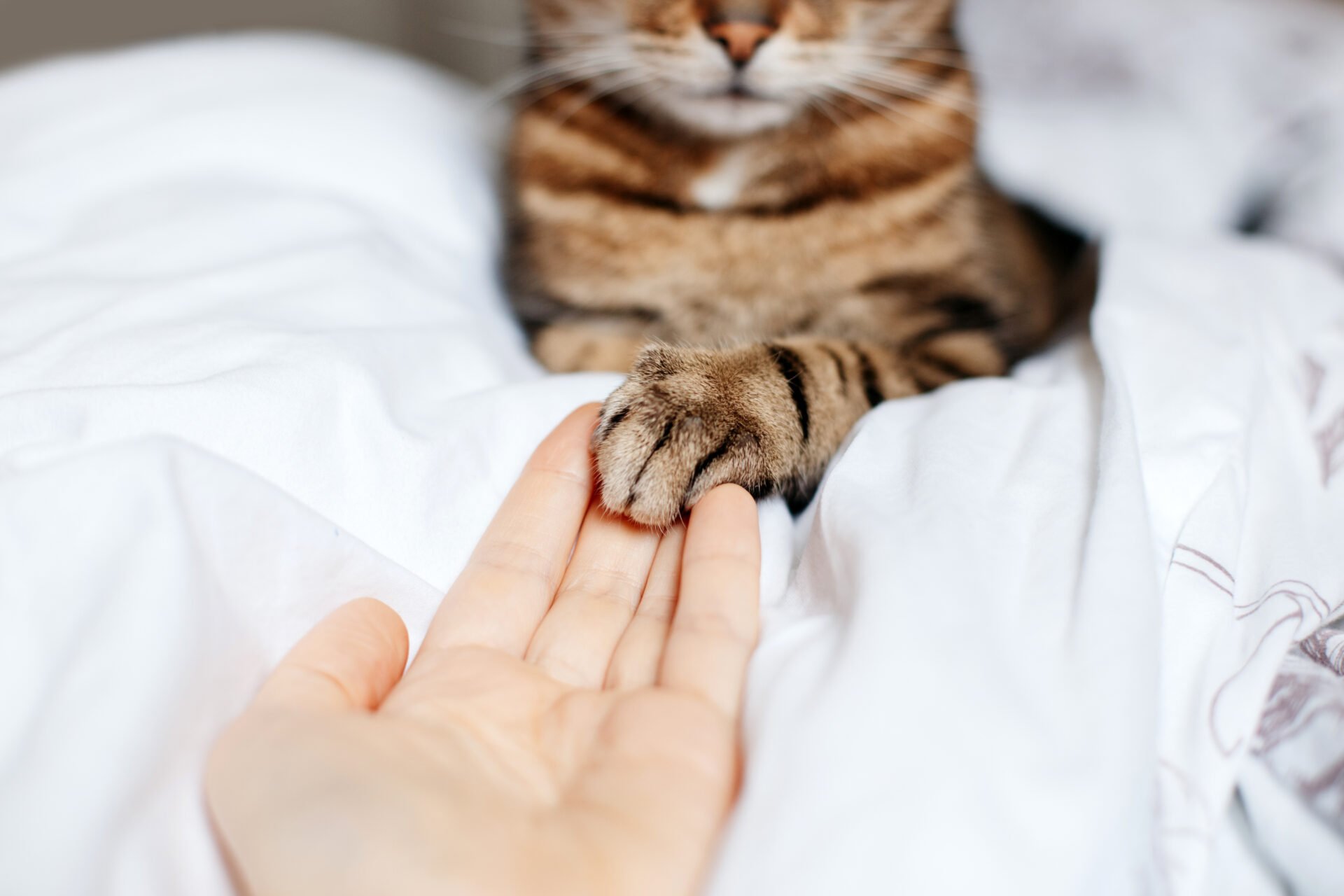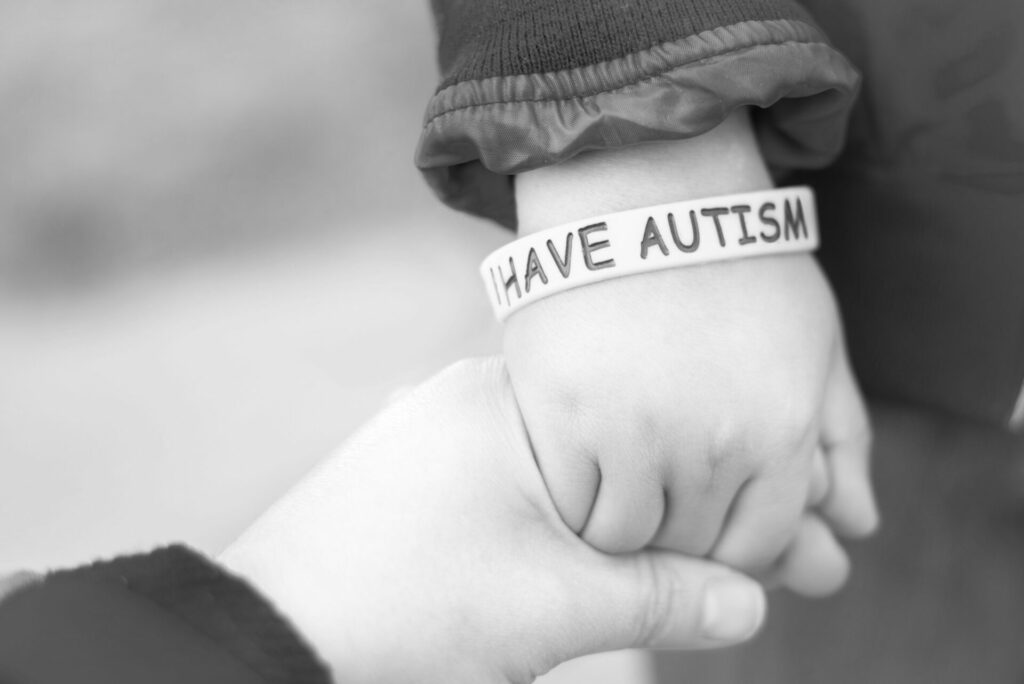For those living with post-traumatic stress disorder (PTSD), peace often feels out of reach. But amidst the emotional strain, a comforting presence can make all the difference, especially when it comes on four paws and purrs.
Emotional support cats aren’t just cute companions. They offer a steady source of calm, structure, and emotional grounding, qualities that can transform daily life for people struggling with trauma. They often give comfort without expectations, which helps reduce stress. Anyone curious about how a pet can bring emotional relief will find real support and answers by learning about the benefits of an emotional support cat to help with PTSD.
Understanding PTSD and its Emotional Challenges
PTSD is a mental health condition that may develop after someone goes through a very stressful or traumatic event. These events often leave a strong emotional impact, even after the moment has passed. The disorder – which can affect men, women and even children – can deeply affect a person’s emotions and daily life making everyday situations hard to handle.
However, PTSD does not affect every person the same way. Some may relive the trauma through memories, dreams, or flashbacks. They might try to avoid places or activities that remind them of what happened. Sometimes, even normal events can trigger intense reactions.

These symptoms vary and can last for months or years. Some people feel jumpy or have trouble sleeping. Others may seem distant or quick to get upset.
Those living with PTSD often feel overwhelmed by their emotions. Common feelings include fear, sadness, anger, guilt, and shame, which may change quickly and feel hard to manage. The person may find it hard to trust others or feel safe, even in normal settings. Simple tasks, such as going out in public or talking to others, can become sources of stress. Many people struggle with feeling alone or misunderstood. Strong emotions can hurt relationships and make social life difficult.
Looking after a living creature provides a reason to get up and focus on something outside of anxious thoughts….In helping their humans care for them, cats often help people begin to better care for themselves
Physical symptoms such as headaches, fatigue, or digestive issues are also common, often a result of the body’s prolonged stress response.
Support is essential, whether from loved ones or through professional care. But for some, healing begins in the quiet, steady companionship of a pet.
The Importance of Emotional Support Cats
Cats, in particular, offer a quiet kind of companionship. Their soft purrs and calming presence can ease anxiety in ways that words sometimes can’t. For many, the steady comfort of a feline friend helps bring a sense of peace and grounding. These feline friends can help those living with PTSD begin to open up and heal.
Emotional support cats can also help people living with PTSD in practical ways, encouraging healthy daily habits. Some people with PTSD find reassurance in routines built around caring for their cat. When a person feels upset or anxious, a cat may act as a grounding force by sitting nearby or seeking eye contact.

Daily tasks like feeding, cleaning, or playing with a cat give structure to the day. These activities set a regular schedule, which can help someone with PTSD manage feelings of chaos or uncertainty. Sticking to a simple routine can make things feel less overwhelming.
Cats also encourage their owners to be present in the moment. Looking after a living creature provides a reason to get up and focus on something outside of anxious thoughts. This steady pattern can be comforting and bring a sense of order to daily life.
In helping their humans care for them, cats often help people begin to better care for themselves.
People with PTSD often experience anxiety, flashbacks, or trouble relaxing. A cat’s presence can have a calming effect. They may sit quietly on a lap or curl up nearby, helping their owner feel safe and less tense. Many people find it helpful to create cozy spots where their cat can relax with them, such as a favourite chair or blanket.

Interacting with a cat, such as stroking its fur or listening to its gentle purring, can also help slow a racing heart or anxious thoughts.
The emotional stability gained from caring for a pet often builds slowly, but the sense of purpose can brighten everyday moments and make setbacks easier to manage.
Power of Presence
Living with PTSD can be challenging, but emotional support cats offer steady companionship and comfort. Emotional support cats do not replace therapy or medication, but they can play a helpful role in daily coping.
An emotional support cat often becomes a steady source of reassurance throughout the day. These small moments of calm are important for someone living with PTSD. For many, just knowing their cat is close can make it easier to handle stress or fear. The bond formed between the person and the cat helps remind them that they are not alone.
Choosing an emotional support cat is a personal decision, but many individuals have found genuine comfort in these feline friends. For someone struggling with PTSD, the quiet support of a cat can make a meaningful difference.









